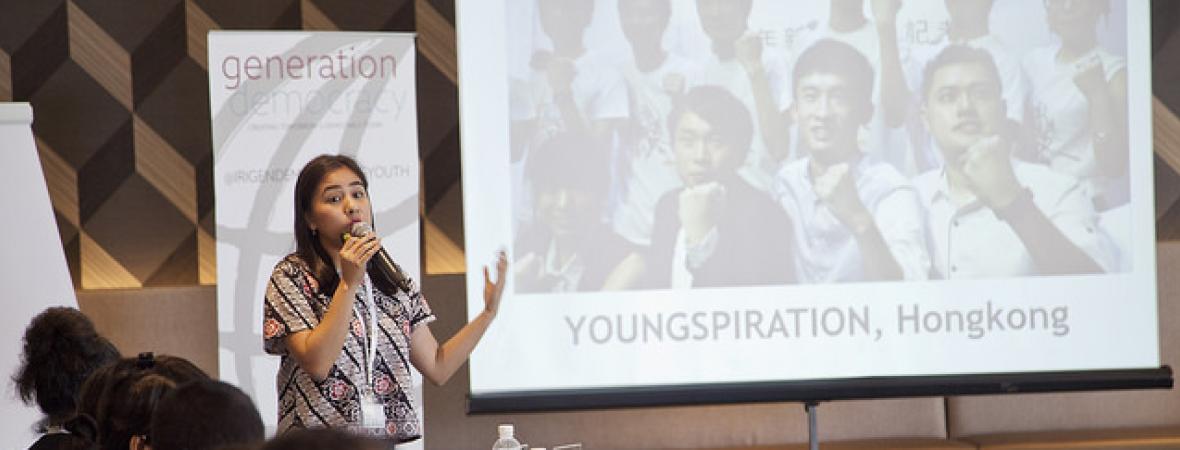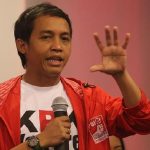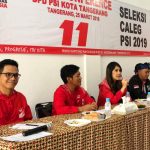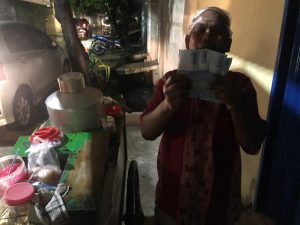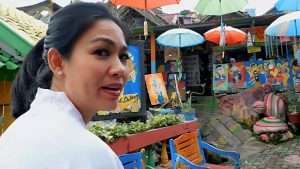Posted by Rachael Abigail, Generation Democracy Member, Indonesia
Young people are often excluded or overlooked as political candidates. Politics is typically regarded as a space for politically experienced men. Young people are systematically marginalized because of their age and perceived lack of experience.
In Indonesia, 65 million people of the current population are young people aged 10 to 24 years old—around 28 percent of the total population. However, only 17.9 percent of Indonesian Parliamentarians are under 40 years old.
This underrepresentation of youth in Indonesian politics inspired me to help build the Indonesian Solidary Party (PSI), with 90 percent of the governing committee below the age of 40. Driven by youth, this party aims to improve the representation of youth and women in the policy-making process, ensuring a fair and meritocracy-based election system, as well as providing a stable and supportive political platform for those who remain voiceless after all these years.
Given that Indonesia is a multi-party system, many questioned the need for another party. As a young person with no prior political experience, I wanted to help create a platform for my peers and to finally be heard. We use social media as our main campaign platform and realize that if we want to engage with younger generations, we must speak their language. Social media is the fastest and easiest way to communicate the party’s goals with our target audience. Indonesia is a vast country with more than 17,000 islands. By using social media, we want to reach our young peers, for example, who live in the eastern part of Indonesia, which is challenging to engage in regard to physical reach. We also use Instagram and Facebook to broadcast live interviews with our legislative candidates.
PSI is pushing for the representation of more women. Recently, the National Election Committee praised our party for being the only party that had more than 50 percent representation of women within the governing committee. Over half of Indonesia’s population are women, yet they occupy only 17.3 percent of seats in parliament, or less than the 30-percent quota.
Most parties in Indonesia and across the world are not focused on advancing the capacity of their young members. Without a comprehensive program and/or proper curriculum to build the skills of youth, young people will not have the capacity and confidence to run for office. This gap in skills has led to the lack of youth representation. Mentorship is one critical way to help build a generation of dedicated and action-oriented legislators capable of developing well-articulated policies. Personally, I’ve been inspired by other movements globally, particularly with the rise of En Marche, a party launched by the then 38-year-old Emmanuel Macron in 2016.
It is time for older generations to realize that youth have a strong capacity and determination to contribute. As for my fellow young people, our world needs us more than ever. Either by building your own party or developing mentorship programs to build the capacity of next generation of legislators, youth should not give up on engaging in politics.
Rachael Abigail is a member of Generation Democracy and attended the Generation Democracy Asia Regional Academy. At the Academy, IRI convened 25 young leaders from 15 countries across Asia to exchange ideas and identify barriers to youth participation in decision-making processes.
Generation Democracy is a global network of more than 400 young elected officials, civil society leaders, activists and journalists across 70 countries that provides young leaders with a platform to exchange ideas and share best practices to increase political and civic participation among youth. The initiative builds upon IRI’s more than 30 years of experience helping youth across Asia develop their leadership potential and become more civically and politically engaged.


